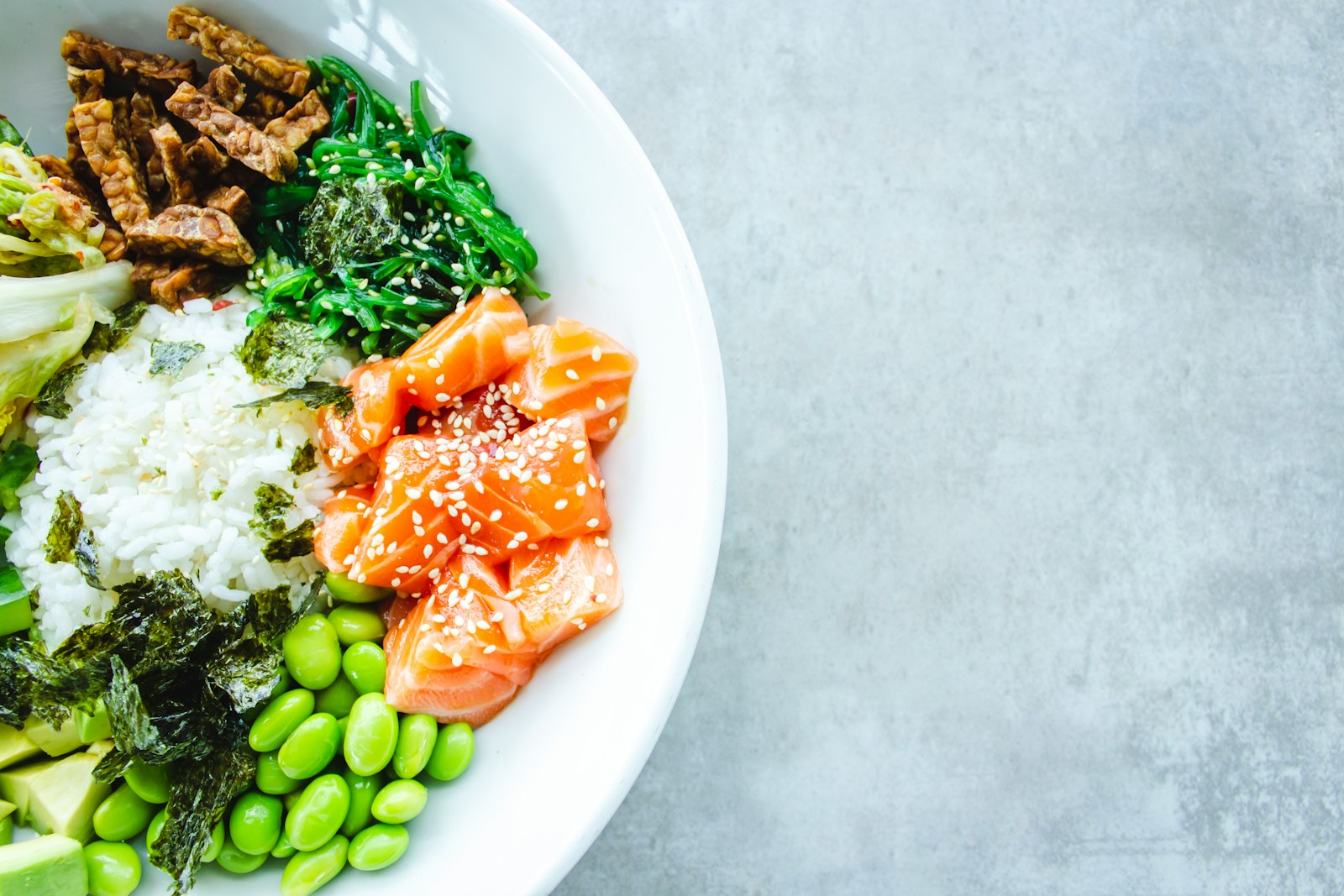
Chronic pain is a pervasive issue affecting millions worldwide. It not only hampers daily life but also weighs heavily on mental health. While medications are readily available, they often come with side effects that could be detrimental in the long run. Increasingly, people are seeking holistic approaches to manage chronic pain, and diet is emerging as a pivotal factor in this regard. The food we consume plays a significant role in our overall health, and it can either alleviate or exacerbate chronic pain.
Understanding Chronic Pain
Chronic pain, defined as any pain persisting beyond three to six months, is a complex issue that affects various parts of the body. It is not merely a symptom but rather a disease in its own right. From arthritis and cancer to headaches and nerve pain, chronic pain takes many forms, interfering with daily activities and potentially leading to mental health issues such as depression and anxiety.
The Connection Between Diet and Chronic Pain
Many may not realize that diet and chronic pain are closely linked. Research suggests that dietary habits can significantly influence pain management, either positively or negatively. For instance, poor diet quality can lead to higher weight, multiple illnesses, and increased chronic pain. Conversely, a nutrient-rich diet can improve the functioning of the nervous, immune, and endocrine systems, all of which can impact pain experiences.
How Diet Impacts Chronic Pain
The food we consume can either fight inflammation, a key contributor to chronic pain, or exacerbate it. Diets high in processed foods, refined grains, and sugary foods can trigger inflammation. On the other hand, diets rich in antioxidants, vitamins, and minerals can help reduce inflammation and, therefore, pain.
Scientific Evidence on Diet and Chronic Pain
Numerous studies underscore the importance of diet in managing chronic pain. For example, research has shown that a diet rich in omega-3 fatty acids, B vitamins, vitamin D, magnesium, and zinc can alleviate pain associated with conditions like low back pain, joint pain from rheumatoid arthritis, and migraines.
Foods that can Help Manage Chronic Pain
Whole Grains
Whole grains such as brown rice, oats, and quinoa can help reduce inflammation. They contain phenolic compounds that inhibit the production of pro-inflammatory compounds.
Berries and Cherries
Berries and cherries are rich in antioxidants and phytonutrients that fight inflammation and decrease pain.
Fatty Fish
Fatty fish like salmon, tuna, and mackerel are excellent sources of omega-3 fatty acids, potent anti-inflammatory nutrients.
Broccoli
Broccoli contains a chemical called sulforaphane that attacks the chemical mediators causing inflammation in response to stress in the body.
Olive Oil
Olive oil is a great source of anti-inflammatory monounsaturated fat. It also contains oleocanthal, a chemical that acts similarly to anti-inflammatory medications.
Ginger
Ginger has been shown to reduce various types of pain, including muscle soreness, osteoarthritis pain, and migraine pain.
Yogurt
Yogurt is rich in probiotics that promote a healthy gut, which helps decrease inflammation and stomach pain.
Avocado
Avocados are an excellent source of anti-inflammatory monounsaturated fats, fiber, and carotenoids, which can help reduce systemic inflammation.
Practical Tips for Dietary Changes
Making dietary changes can seem daunting, but even small adjustments can make a significant difference. Start by increasing your intake of fruits and vegetables, cooking with olive oil, and eating fatty fish at least twice a week. Ensure you stay well-hydrated, as dehydration can increase pain sensitivity. Also, replace refined grains with whole grains and limit your intake of processed and sugary foods.





